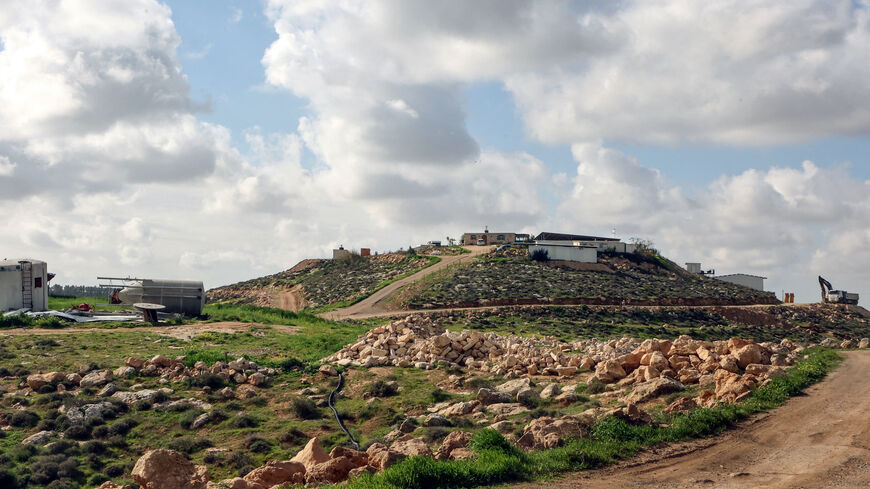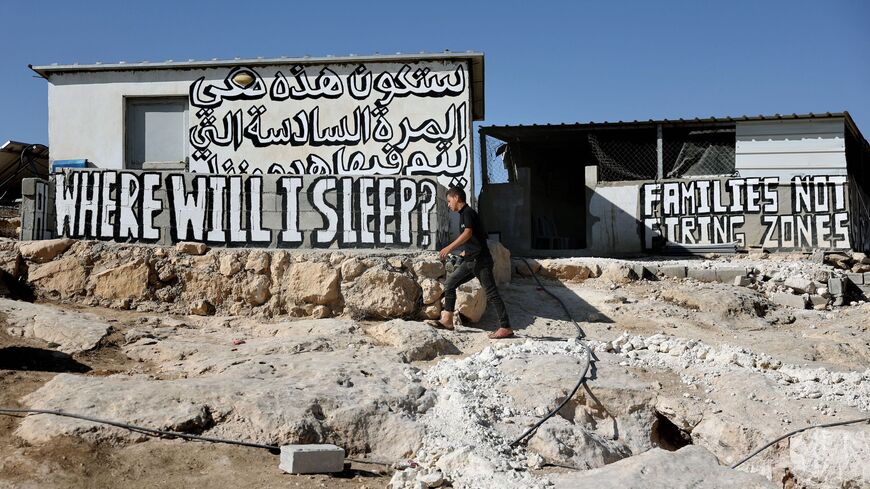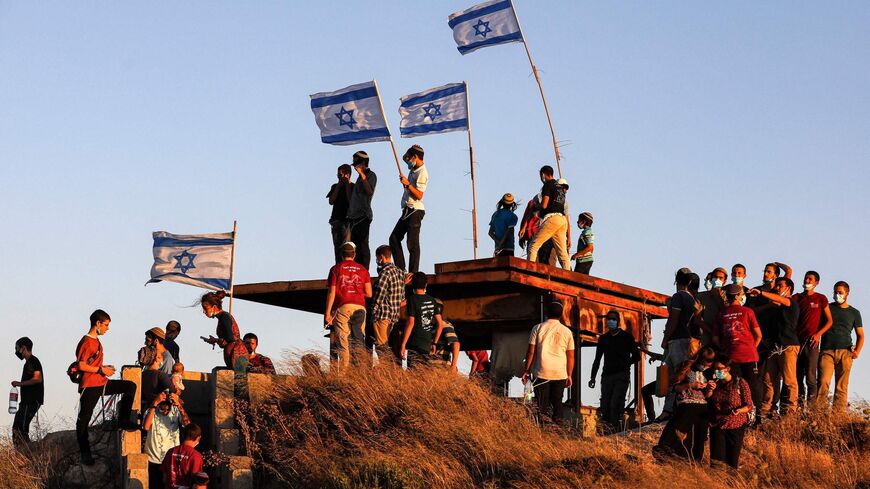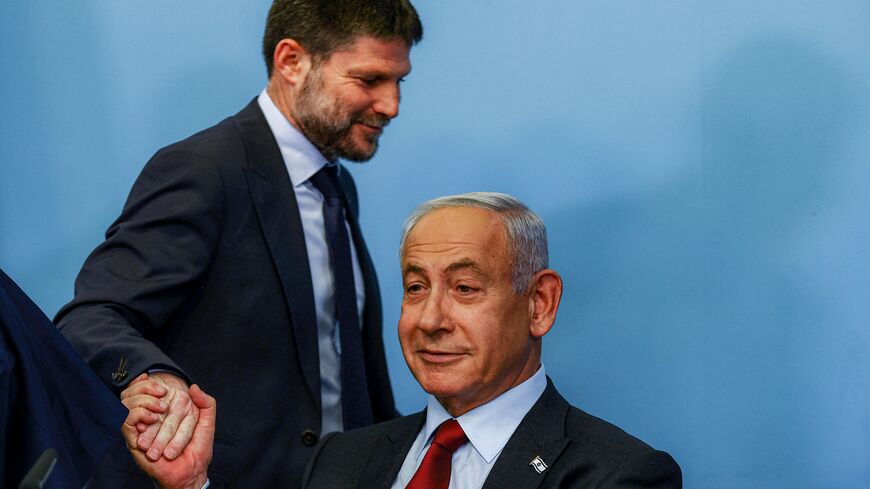US sanctions West Bank outposts linked to settler attacks on Palestinians
The sanctions are a response to an uptick in settler violence in the West Bank that the United Nations blames for the deaths of at least nine Palestinians since Oct. 7.
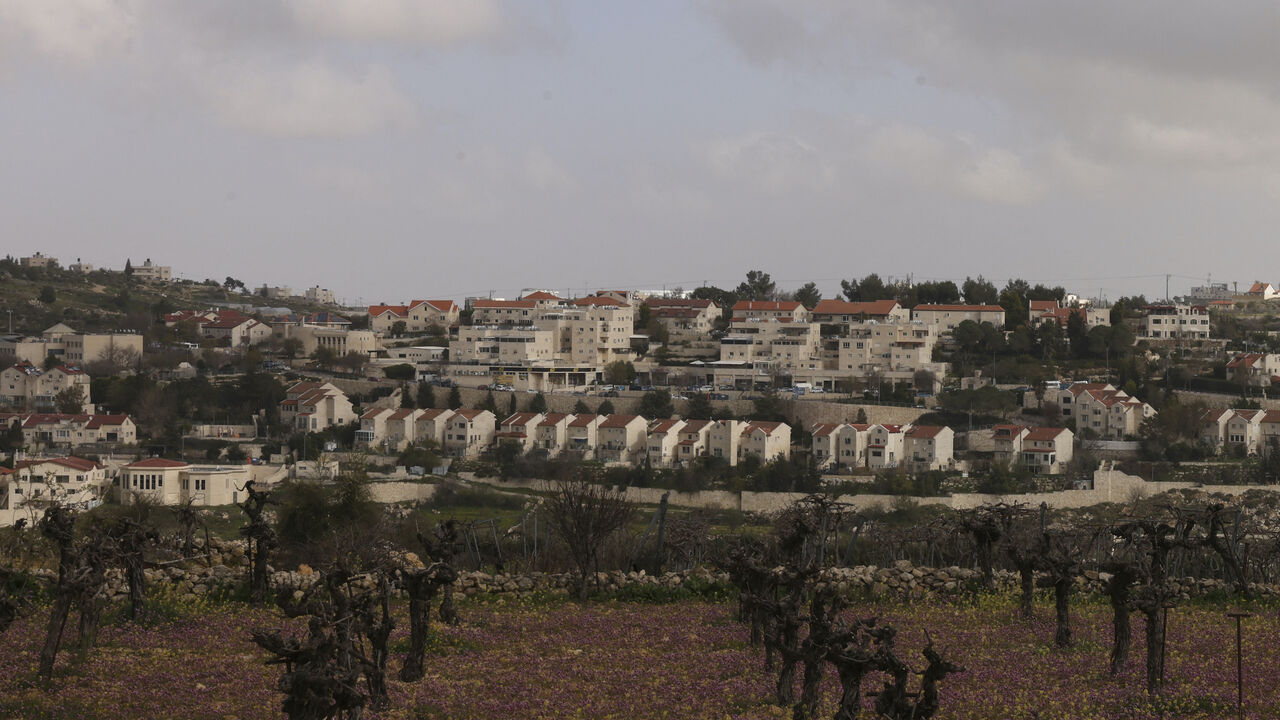
WASHINGTON — The Biden administration on Thursday imposed sanctions on two West Bank outposts and three settlers, intensifying an effort to punish those responsible for a surge of violence that’s forcing Palestinians to flee their homes.
State Department spokesperson Matthew Miller said the move — which marks the first time the US government has sanctioned entire outposts — is intended "to promote accountability for those perpetuating violence and causing turmoil in the West Bank."
"Extremist settler violence against Palestinian and Israeli civilians and forced displacement of farmers and villages is a serious threat to the peace, security, and stability of West Bank, Israel, and the broader region," Miller said in a statement.
The sanctions are a response to an uptick in violence against Palestinians in the occupied West Bank that the Biden administration fears plays into the hands of Hamas, whose militants killed 1,200 people and abducted some 250 others on Oct. 7.
The United Nations’ humanitarian arm has since recorded 645 Israeli settler attacks, which resulted in at least nine Palestinian deaths as well as property damage. More than 8,300 trees and saplings were vandalized during that same period in attacks on Palestinian agricultural land, the UN said.
Settlers used the two farming outposts targeted in Thursday’s sanctions as bases to carry out attacks on Palestinians living in nearby villages as well as Israeli human rights defenders, the State Department said.
The new sanctions follow President Joe Biden’s signing of an executive order on Feb. 1 that permits US sanctions on extremist Jewish settlers. The State Department used the new authority last month to blacklist four Israelis accused of property destruction and other violent acts that forcibly displaced Palestinians.
As the violence escalated, US national security adviser Jake Sullivan issued a cabinet memo in November directing departments and agencies to develop policy options. The next month, Secretary of State Antony Blinken announced the United States would be denying visas to settlers accused of attacking and displacing Palestinians.
The current Israeli government under Prime Minister Benjamin Netanyahu has accelerated West Bank settlement expansion, deemed illegal by most countries and which Palestinians say undermines their quest for statehood.
Last month, Blinken told reporters the United States believes settlements are inconsistent with international law, reversing a 2019 declaration from the former Trump administration that abandoned the longstanding US position on construction in the West Bank.
Blinken’s comment was the latest indication of a growing rift between the Biden administration and the Netanyahu government. In recent weeks, US officials have escalated their criticism of Israel’s military campaign against Hamas, which the Gaza Health Ministry says has killed more than 31,000 people and displaced most of the Palestinian territory’s population since early October.
In an MSNBC interview on Saturday, Biden said Prime Minister Benjamin Netanyahu’s disregard for the human toll in Gaza was “hurting Israel more than helping Israel.” He went on to suggest an Israeli operation in the southern Gaza city of Rafah, where more than 1 million civilians are currently sheltering, would cross his “red line.”
On Wednesday, Blinken called on Israel to “open as many access points as possible” and ease “unnecessary restrictions” on goods entering Gaza, where hundreds of thousands of Palestinians are going hungry.
This developing story has been updated since first publication.



